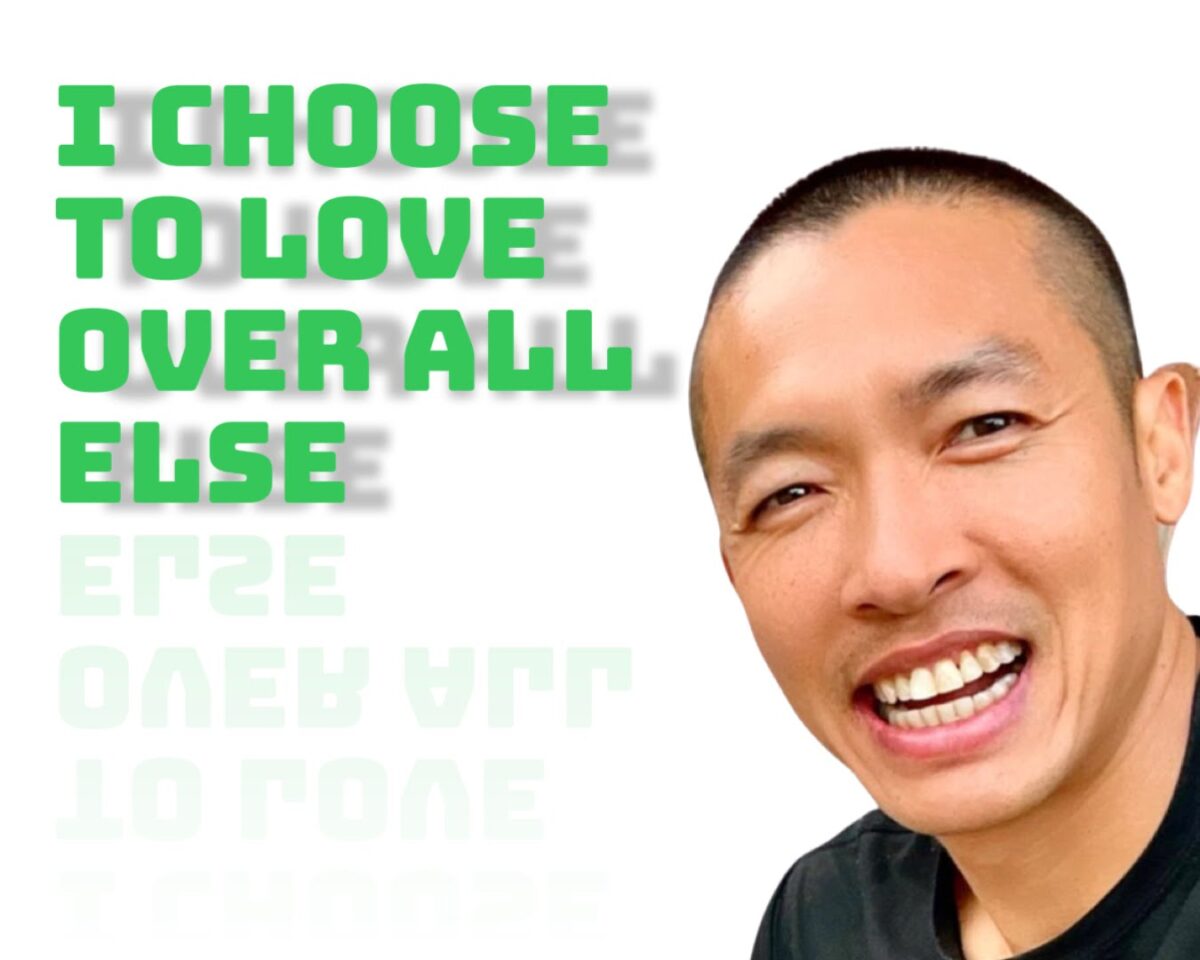In the tapestry of Di Tran’s journey, woven between threads of tireless work and the perpetual echo of survival mode, lies a profound, golden strand of boundless appreciation. When you have walked a path that’s meandered through circumstances worse than homelessness, every subsequent step on sturdier ground is not just a step forward, but a blessing, a reason for deep, abiding gratitude toward life and every nuance it enfolds.
The Pinnacle of Appreciation
Emerging from the grit and despair of a mud hut, where the threat of hunger loomed perennially, Tran’s ascension into a realm where work transcends mere sustenance, to become a beacon of progress and a vessel of altruistic value, is not merely a journey of physical and material elevation. It is an ethereal journey into a space of heartwarming appreciation toward every fragment of existence, toward humanity, and toward the divine and universal energies that permeate life.
Psychological Insight: Gratitude and Wellbeing
Psychological perspectives attest that gratitude isn’t just a resultant state of improved circumstances but a powerful catalyst for enhanced mental and emotional well-being. For Di Tran, each moment of progress, each instance where his work catalyzes value not just for himself, but for others, is a divine gift. This deeply-embedded gratitude, born from past scarcity, not only elevates his perspective but enhances his psychological resilience, providing an additional layer of strength as he navigates through the myriad challenges of entrepreneurship and life.
Basking in Divine Gratitude
“Thanks GOD, the divine infinity, the universe, and all these beautiful energy.” Tran’s words echo a soulful hymn of thanks, a recognition that his journey from the nadir of scarcity to his current stature isn’t solitary but is interwoven with divine and universal energies. His faith and acknowledgment of a higher power do not merely stand as pillars of his spiritual belief but intertwine with his every day, providing a serene backdrop against which his tireless endeavors unfold.
Spiritual Insight: Gratitude as a Spiritual Practice
Transcending psychological paradigms, gratitude, especially in its acknowledgment of a divine source, embeds deeply into spiritual practice. It becomes a perpetual prayer, where every act of work, every step toward progress, and every value-added endeavor becomes an offering, a symbiotic exchange with the universe. Di Tran’s journey thus metamorphoses into a spiritual voyage where his work, progress, and altruistic values seamlessly meld with his spiritual practice of divine gratitude.
Conclusion: A Symphony of Work, Value, and Gratitude
In the holistic view, Di Tran’s life and work become a beautiful symphony where melodies of tireless work, harmonies of altruistic value, and the gentle, persistent rhythm of profound gratitude coalesce into a sublime opus. It stands as a testament that our paths, no matter how jagged, how steeped in scarcity or struggle, can lead us into a space where every step becomes a dance of gratitude and every endeavor a hymn of thanks to the divine and the universe. His story thus doesn’t just inspire but gently whispers to every soul navigating through their unique journeys, reminding them of the beautiful potentiality that resides in every step, every endeavor, and every moment of life.



